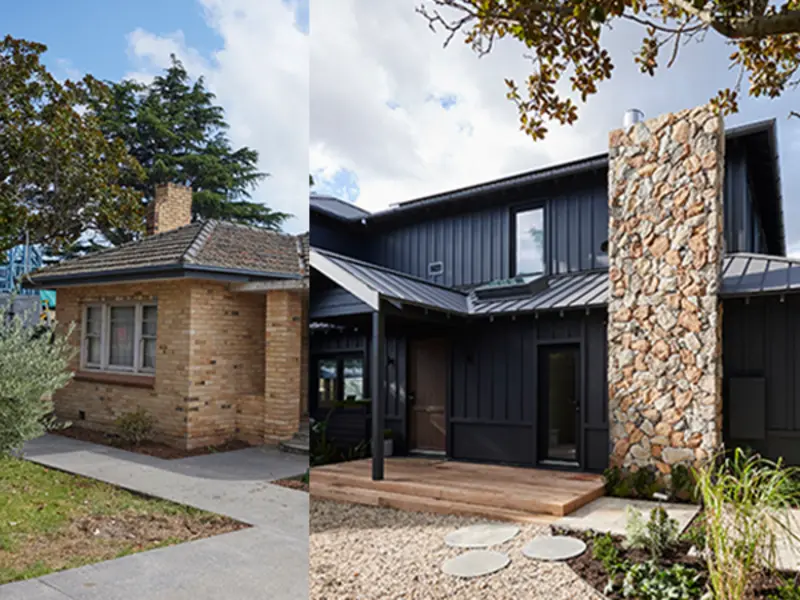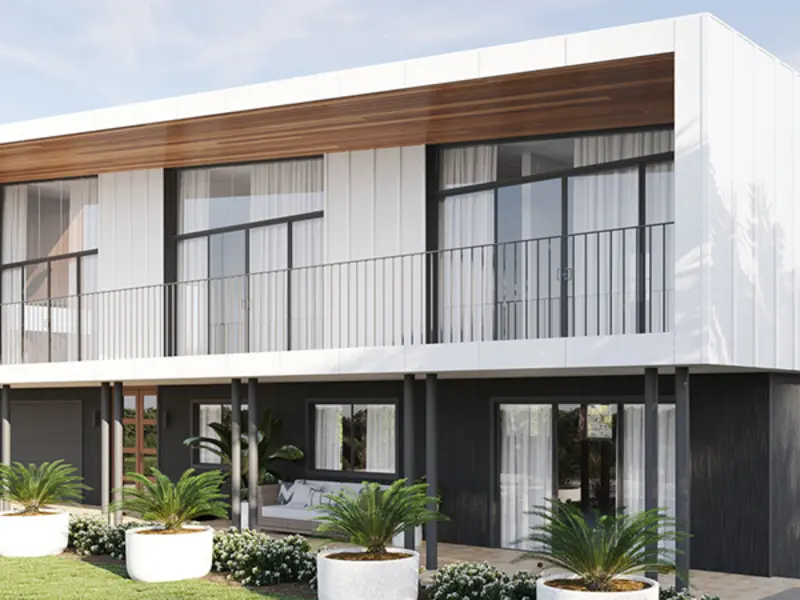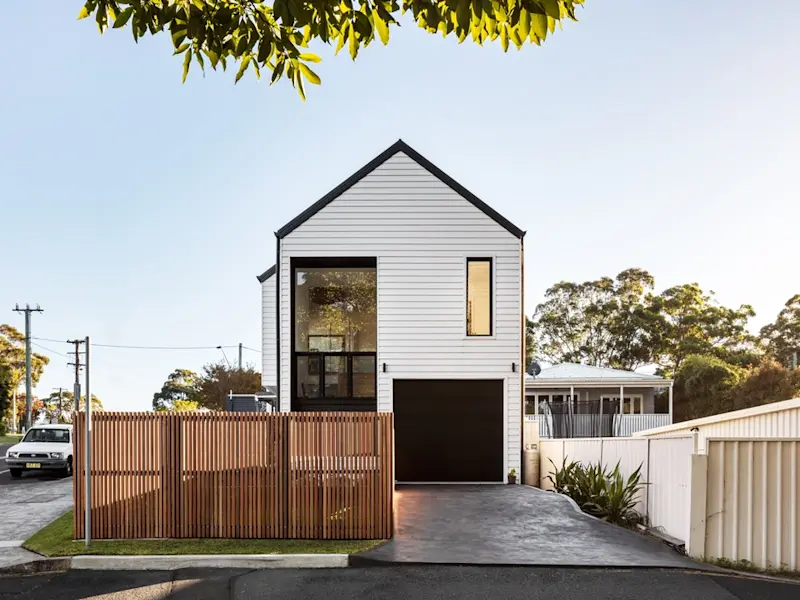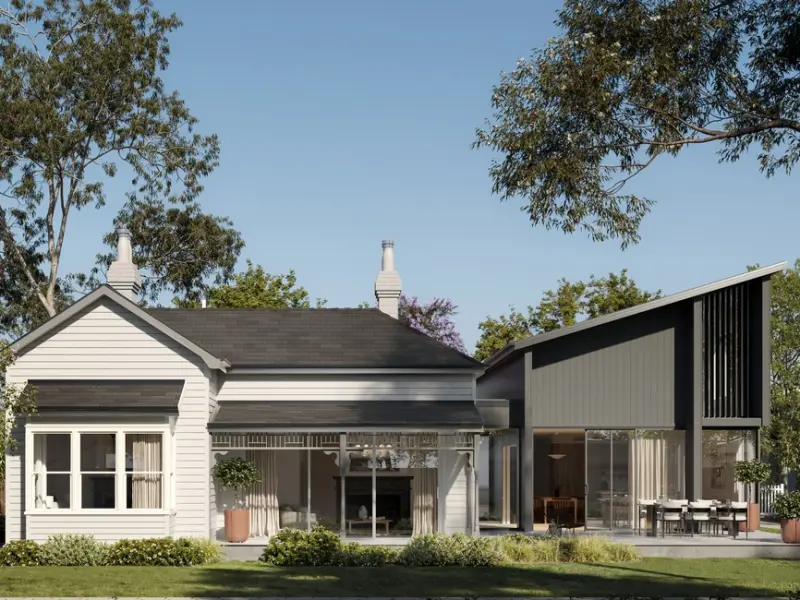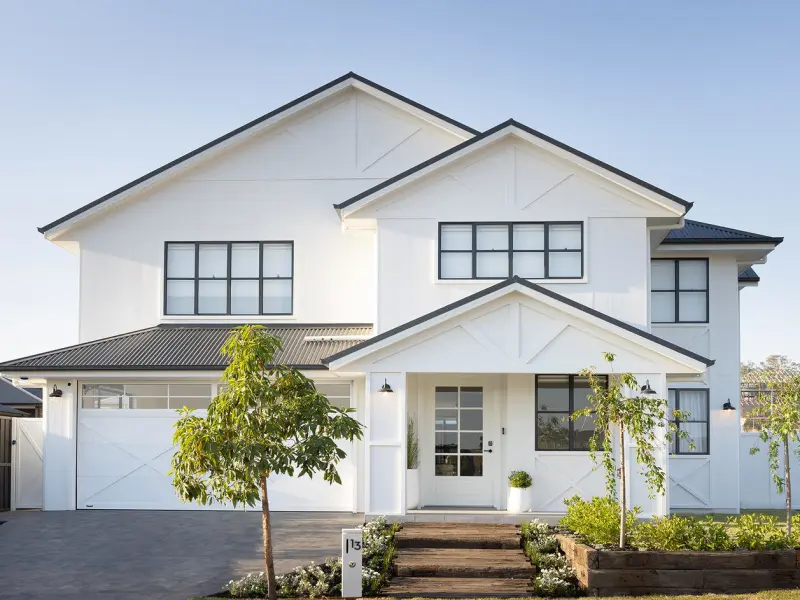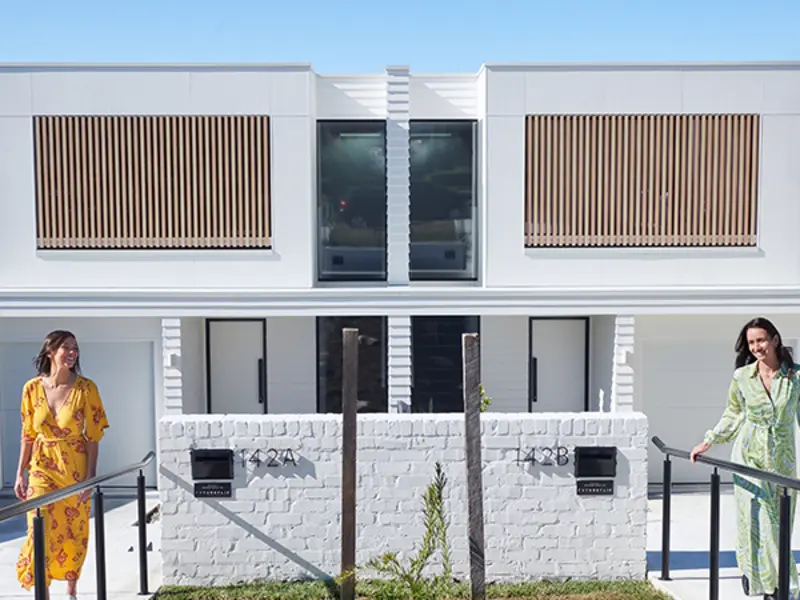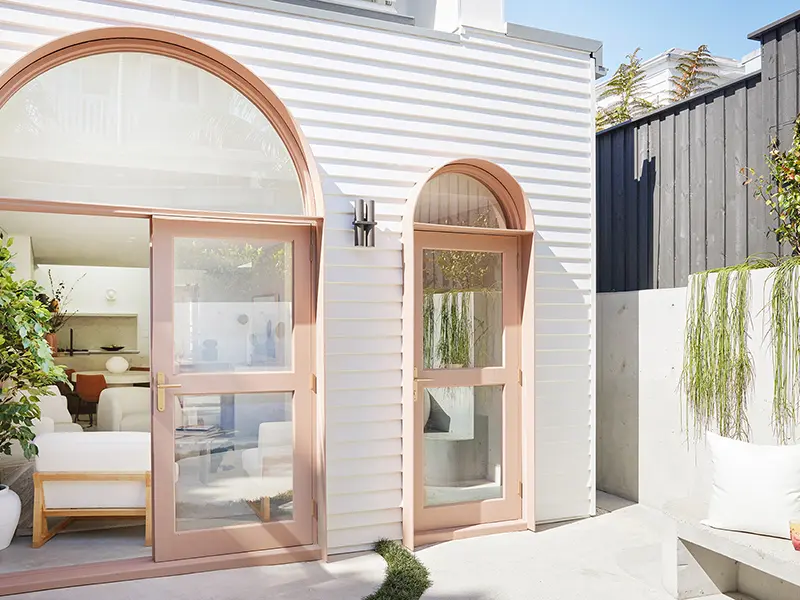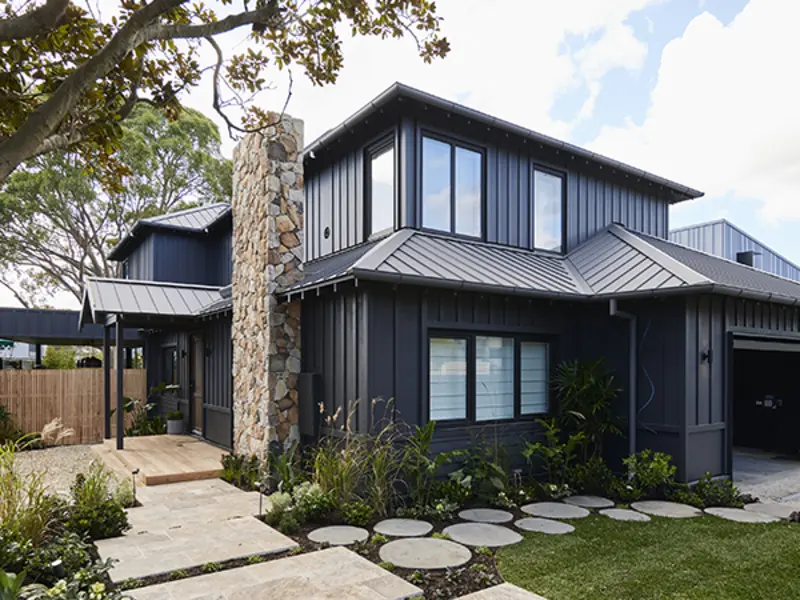
The renovator’s checklist: What you need to know, before you begin
Dreaming of renovating? After a few years of spending quite a bit of time at home, many Australian homeowners have added renovating to their to-do list. The ABS recently reported that Aussie renovators spent a breathtaking $12.3 billion on home renovations in 2021 – a 33 per cent increase on the previous year. It’s not surprising, as our homes are working pretty hard these days, but the reality of bringing those newly created mood boards to life can be quite challenging. Here’s where to start.
Ask yourself ‘why?’
Understanding why you want to renovate is a crucial step in determining exactly what you need out of the project. “Do you look at the renovation as an investment, or are you planning to flip the property? This may affect your budget and how much you’re willing to spend,” explains Neil Hipwell, Founding Director at Futureflip. Is it all about lifestyle? Then perhaps the cost is less important to you, and the end goal is simply a beautiful, functional home – or even a new build.
Understanding your motivations will help you make the best decision for your family and ensure your renovation plans are clearly targeted.
The cost of renovating
Exactly how much does it cost to renovate a house or a kitchen? Before you begin, it’s worth weighing up all the costs involved – and not just the financial ones. There’s the cost of the project: materials, labour, landscaping, and finishing touches such as painting, new furniture and decorating. It adds up fast, doesn’t it?
Renovating can also take a big personal toll: it’s a huge investment of time and emotion, and can put relationships under strain. With all that in mind, would you be better off selling and buying, or building a different home? Even with the astronomical cost of stamp duty in most states, this could be a better option for some.
Is it achievable?
It’s time to get serious. Do your research and outline the scope of the project. Plan out every intended update and verify that it’s possible within your timeline, factoring in your local council’s regulations (see more below). “Will the renovation be minor aesthetic changes inside, or do you want to expand the house size or build an additional level?” queries Neil from Futureflip. “These are two very different projects and, as such, have different rules, state to state.”
Seek the right approvals
First, the good news: many renovation projects, such as minor internal and external changes that don’t impact your home’s structural integrity or services, don’t require you to obtain planning or other approvals before commencing work.
Most states have a planning portal to help you understand what DAs, approvals or certificates may be required, as exemplified by the NSW planning portal. Contact your local council prior to beginning any work to avoid legal issues down the track. Or, in other words, it’s better to be safe than sorry!
A great renovation starts with a solid plan! Do your research to ensure you can achieve your dream look within your budget and time restrictions.
Build your team
Are you a DIY expert who plans to complete the entire project on your own? If so, you’ll only need to focus on your own expenses – things like materials, specialist trades or labour required, and the potential cost of taking time off work, or accommodation if you can’t live at the property during the renovation.
In some states and territories, you must hire licensed contractors for renovations above a certain cost. For example, NSW Fair Trading requires all residential work over $5,000 to be done by a licenced builder, and for a contract to be in place.
If you’re looking for a professional builder, you’ll need to source at least three written quotes that outline every piece of work required. This will give you a clear picture of expected costs. You may also be able to leverage those quotes to get a better deal. Use your postcode to find the right builder with James Hardie’s useful Find a Builder tool.
Lock in your budget
If your renovation is multifaceted, it’s important to create ‘budget caps’ for each stage of the project. This will mean you are billed when, for example, the kitchen alterations are complete but before your team starts work on the bathroom.
This helps to mitigate budget blowouts, but even the best-laid plans tend to come unstuck when it comes to renovating. We’re living in uncertain times, where price surges on materials are not uncommon, and materials are often delayed due to international factors beyond your builder or supplier’s control. All of these things may affect your budget, so don’t forget a contingency fund and download our Budget Checklist to help you keep track of spending.
Settle your timeline
Work with your contractors to get all deliverables and dates in writing. It’s not uncommon for timelines to fluctuate depending on unpredictable factors, including bad weather, illness and budget constraints, but a signed timeline in your contract will help keep the project on track.
Organise your living arrangements
Where will you live during the renovation? Minor alterations are unlikely to affect your living situation, but if you have any health concerns, or if the project involves renovating a kitchen, bathroom or bedroom, you’ll need a back-up plan.
Tip: It’s also a good idea to let your neighbours know about any planned renovations. Having happy neighbours is good for everyone!
Renovation Guide
With the right help and advice, you can make decisions confidently, ensuring your home will be magnificent in years to come. Our Renovation Guide can help steer you through every stage in the process to help you achieve the renovation you’ve been dreaming of. Get a copy of the James Hardie Renovation Guide now.

